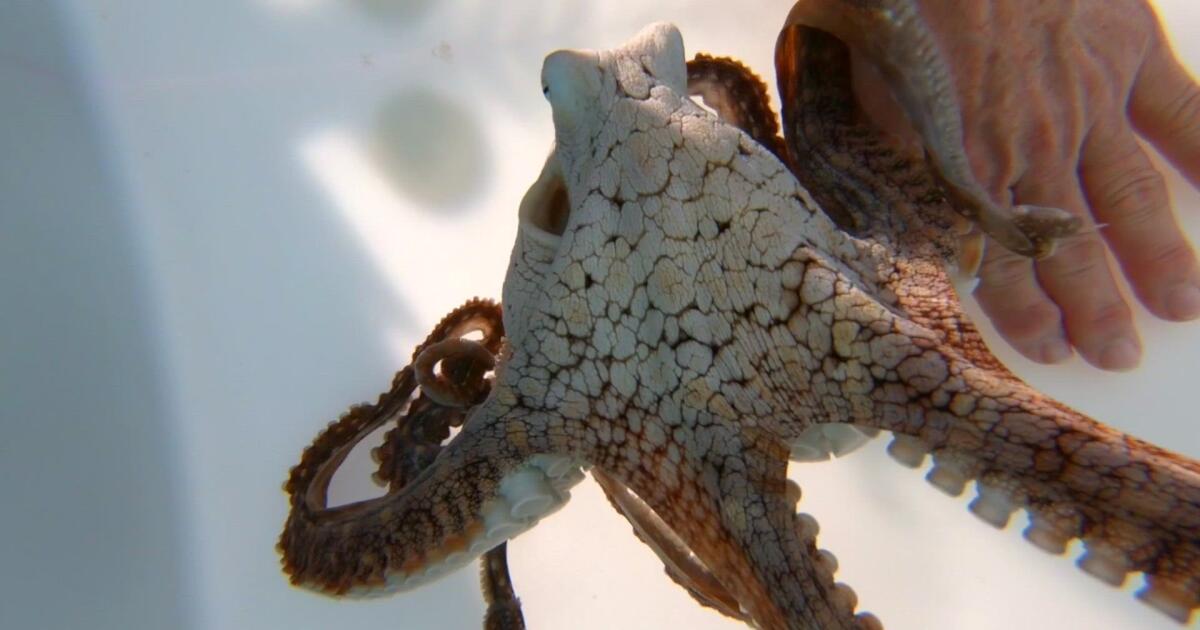The text of the law recognizes that octopuses are “highly intelligent, curious, problem-solving animals” that are conscious, sentient and experience “pain, stress, and fear, as well as pleasure, equanimity, and social bonds.” It goes on to note that in research studies, these eight-legged marine invertebrates have demonstrated long-term memory as well as the ability to recognize individual people.
At the very least, this sets a precedent, although it’s pretty obvious based on the law’s text that octopodes being the target here instead of or in addition to e.g. pigs which are known to be quite intelligent is a clear example of doublethink. Nonetheless, this is a huge win for just leaving animals the fuck alone.



This seems like the opposite of the “cuteness effect”. Meaning people are more likely to care about conservation for something cute (giraffes, cheetahs) than not (spiders, salamanders). In this case, octopus is a “weird” food, so there isn’t push back on banning farming them. Like you said, the exact same logic applies to pigs, so why stop there?
Better than nothing, I suppose.
I think it’s that:
None of these are good excuses not to ban pig farming; they’re simply reasons I think it’s not likely in the foreseeable future.
I had the same discussion with my wife this weekend. She works in the restaurant industry and was offered a taste for the new octopus dish they’re going to sell, but she rejected it because octopus are intelligent and she dosen’t want to eat something intelligent, so I inquire her about how we eat pork at home pretty regularly and pigs arw actually smarter that dogs and she didn’t knew what to say.
That seems like a great opportunity for further discussion. Even small changes like having one night a week that is meatless can be beneficial, i.e. Meatless Mondays. A big moment of progress for my household was when my partner fell in love with a soy taco dish I started making.
We’re not vegans or even vegetarians, but we aren’t close up to eat vegan from time ro time. There this Indian/Mexican (?) vegan restaurant close my office that we go sometimes, and this artisan beer place that have a mushrooms burger that we love.